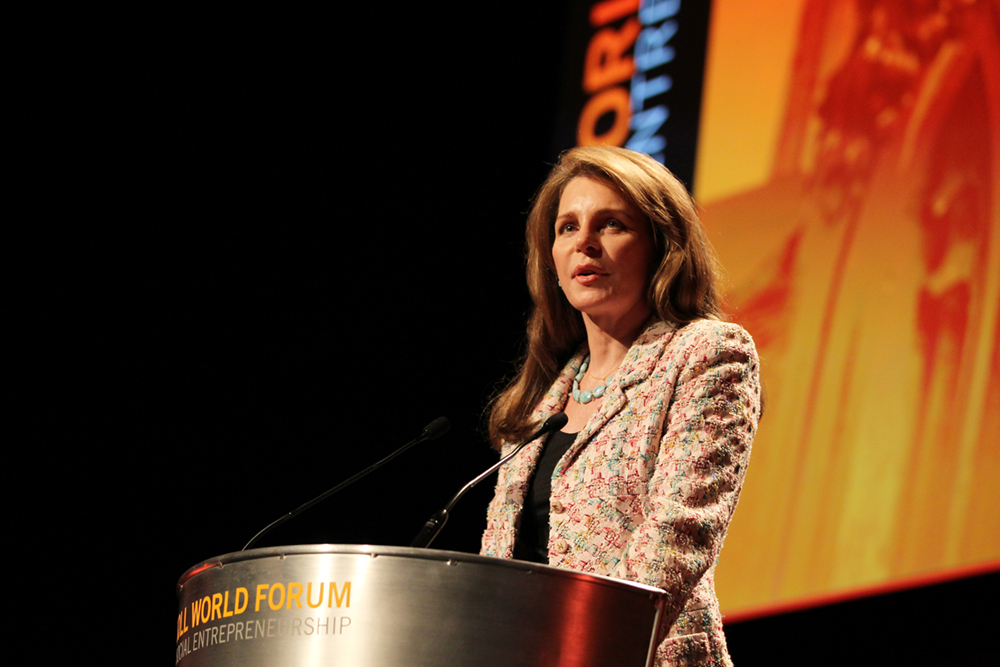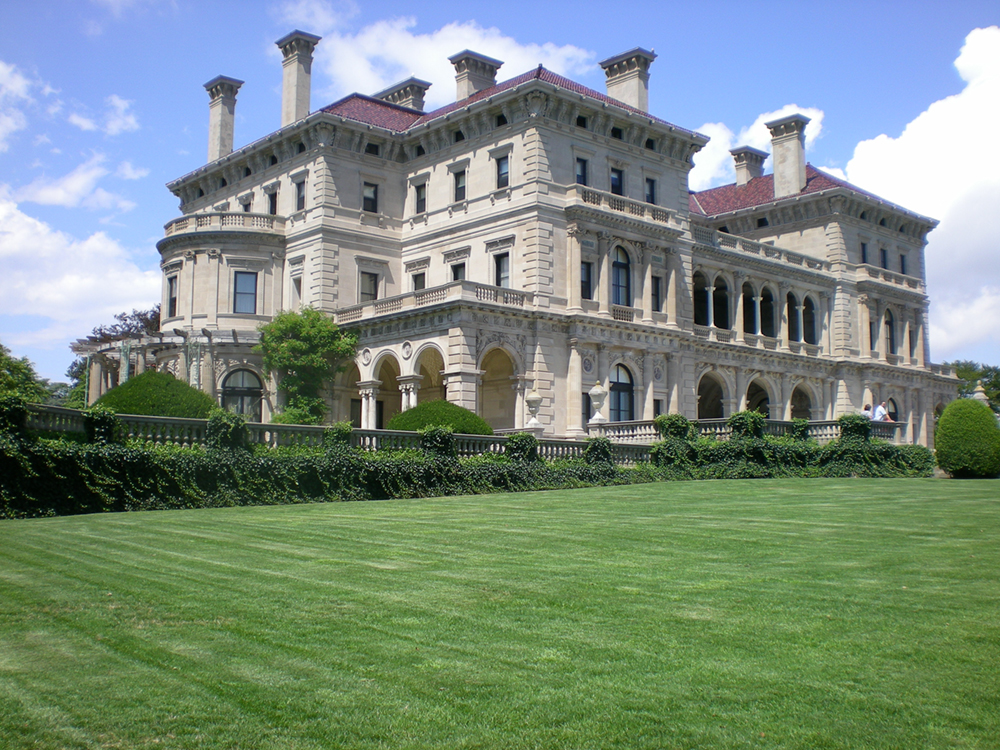| << Chapter < Page | Chapter >> Page > |

The power in an oligarchy is held by a small, elite group. Unlike in a monarchy, members of an oligarchy do not necessarily achieve their statuses based on ties to noble ancestry. Rather, they may ascend to positions of power because of military might, economic power, or similar circumstances.
The concept of oligarchy is somewhat elusive; rarely does a society openly define itself as an oligarchy. Generally, the word carries negative connotations and conjures notions of a corrupt group whose members make unfair policy decisions in order to maintain their privileged positions. Many modern nations that claim to be democracies are really oligarchies. In fact, some prominent journalists, such as Paul Krugman, who won a Nobele laureate prize in economics, have labeled the United States an oligarchy, pointing to the influence of large corporations and Wall Street executives on U.S. policy (Krugman 2011). Other political analysts assert that all democracies are really just “elected oligarchies,” or systems in which citizens must vote for an individual who is part of a pool of candidates who come from the society’s elite ruling class (Winters 2011).
Oligarchies have existed throughout history, and today many consider Russia an example of oligarchic political structure. After the fall of communism, groups of business owners captured control of this nation’s natural resources and have used the opportunity to expand their wealth and political influence. Once an oligarchic power structure has been established, it can be very difficult for middle- and lower-class citizens to advance their socioeconomic status.

The American Gilded Age saw the rise and dominance of ultra-rich families such as the Vanderbilts, Rockefellers, and Carnegies, and the wealthy often indulged in absurd luxuries. One example is a lavish dinner party hosted for a pampered pet dog who attended wearing a $15,000 diamond collar (PBS Online 1999). At the same time, most Americans barely scraped by, living below what was considered the poverty level.
Some scholars believe that the United States has now embarked on a second gilded age, pointing out that the “400 wealthiest American families now own more than the ‘lower’ 150 million Americans put together" (Schultz 2011), and “the top 10% of earners took in more than half of the country’s overall income in 2012, the highest proportion recorded in a century of government record keeping” (Lowery 2014).
Many of the super–rich use their economic clout to purchase more than luxury items; wealthy individuals and corporations are major political donors. Based on campaign finance reform legislation in 1971 and 2002, political campaign contributions were regulated and limited; however, the 2012 Supreme Court decision in the case of Citizen’s United versus the Federal Election Commission repealed many of those restrictions. The Court ruled that contributions of corporations and unions to Political Action Committees (PACs) are a form of free speech that cannot be abridged and so cannot be limited or disclosed. Opponents believe this is potentially a step in promoting oligarchy in the United States; the ultra-wealthy and those who control the purse strings of large corporations and unions will, in effect, be able to elect their candidate of choice through their unlimited spending power, as well as influence policy decisions, appointments to nonelected government jobs, and other forms of political power. Krugman (2011) says, “We have a society in which money is increasingly concentrated in the hands of a few people, and in which that concentration of income and wealth threatens to make us a democracy in name only.”

Notification Switch
Would you like to follow the 'Introduction to sociology 2e' conversation and receive update notifications?